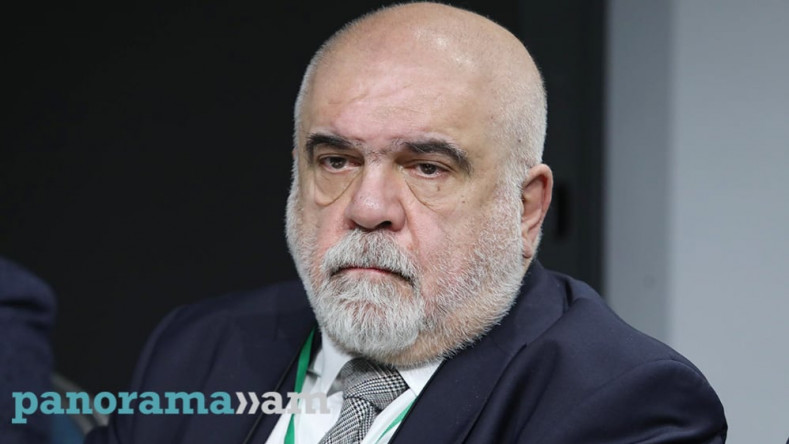
Expert comments on NATO chief's tour of South Caucasus
Political analyst Alexander Iskandaryan believes NATO Secretary General Jens Stoltenberg’s recent trip to the South Caucasus will not bring about any positive changes.
"I don't think it can lead to the solution of any problems. But this is not just a protocol visit either. The South Caucasus is a rather specific region: we are sandwiched between Russia and Iran and not so far from the Middle East," Iskandaryan, Director of the Caucasus Institute, told Panorama.am on Wednesday, referring to Stoltenberg’s visits to Azerbaijan, Georgia and Armenia.
"Naturally, NATO is interested in this, especially in the current complicated and turbulent situation. The NATO secretary general visited all three countries of the South Caucasus. Naturally, a representative of any European organization and NATO, in particular, has quite a lot to discuss with Baku, since the country is directly engaged with NATO's second largest army, the Turkish army,” the analyst noted.
“It’s clear that there is also a need to discuss issues of the kind with Georgia, because the recent changes there are leading to greater interaction between Tbilisi and European structures,” he said. "Armenia is the third country of the South Caucasus. To visit Baku and not to visit Yerevan would have been wrong. That is why it happened.”
Iskandaryan also commented on Stoltenberg’s statement following his meeting with Armenian Prime Minister Nikol Pashinyan in Yerevan that, "I applaud your solidarity with Ukraine and call on all partners to do everything in their power to prevent Putin from winning his war of aggression."
"It would be strange not to expect this kind of statement from a NATO official. NATO is directly involved in a conflict with Russia. In general, all developments in the South Caucasus are attributed to the confrontation between NATO and Russia," Iskandaryan stated.
Related news
- NATO chief applauds Pashinyan's solidarity with Ukraine
- NATO envoy hails 'historic' visit to Armenia
- Pashinyan meets with NATO chief in Yerevan
Newsfeed
Videos






























